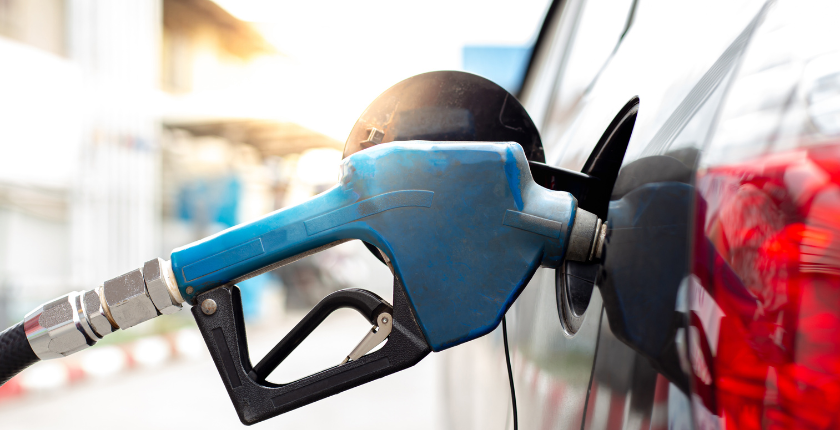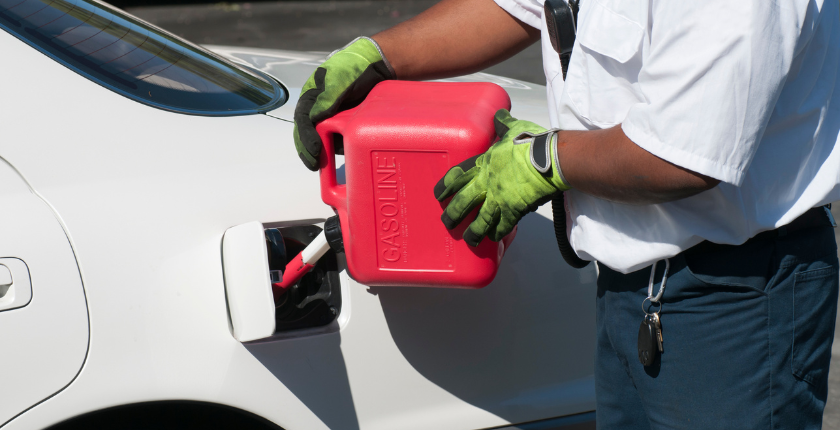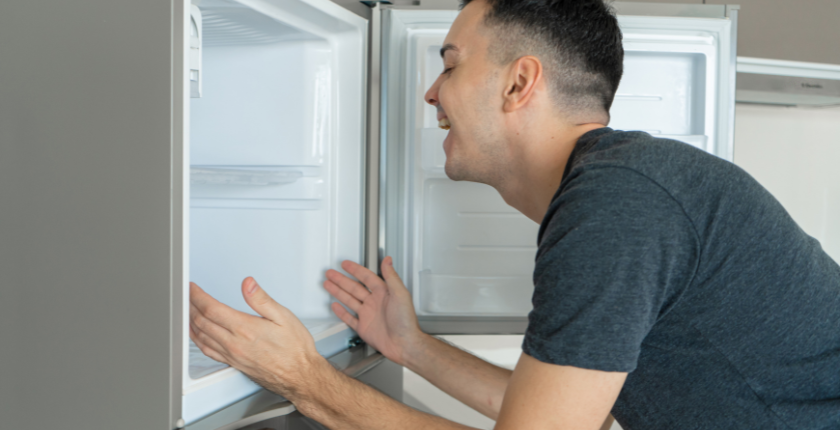Table of Contents
Prevent car troubles in winter! Learn Can Gas Freeze in low tanks, and discover tips to keep your tank warm. Avoid being stranded with our guide.
Many drivers have experienced the frustration of trying to start their car on a cold winter morning, only to have it sputter and stall. This is often caused by gas line freeze-up, which can occur when there is little fuel left in the gas tank. There are a few reasons why this happens and steps you can take to prevent gas from freezing in your tank during cold weather.
Gasoline can undergo a process akin to freezing, causing it to harden and thicken significantly at extremely low temperatures. Unlike water, which freezes by forming a crystalline structure, gasoline does not exhibit this specific freezing pattern. The flash point of gasoline is -45°F, indicating the temperature at which it will ignite. Despite this, the likelihood of gasoline solidifying within a gas tank or fuel lines is minimal, as it necessitates temperatures well below -40°F.
Why Can Gas Freeze in a Low Tank
Two main factors cause gas to freeze in the fuel system when the tank level gets low:
1. Lack of Fuel Circulation
Fuel helps keep the temperature regulated in the gas tank and fuel lines. When the tank level drops, there is less gas to circulate and retain heat. This allows any moisture condensation in the tank to freeze. Water vapor is a normal byproduct of combustion in the engine and small amounts enter the tank through venting. In cold conditions, this vapor can turn into ice crystals that clog the fuel filter and lines.
2. Exposure to Cold Air
With less gas to fill the tank, the remaining fuel is more exposed to the cold outside temperatures. This accelerates freezing, especially if strong winds drop windchill temperatures significantly below the actual thermometer reading. The gas cools and starts to thicken, making it harder for the fuel pump to circulate it properly. Ice build-up around the pump can stop it completely.

Preventing Frozen Gas When the Tank is Low
Check the gas gauge regularly during winter and fill up before the tank drops below 1/4 full. This gives enough liquid gas to keep the temperature stable and limit cold air exposure. Here are some other tips to prevent frozen gas lines when tank levels run low:
- Use Gas Line Antifreeze – Adding a gas line antifreeze product to your tank once a month in winter helps lower the freezing point of any accumulated moisture. This stops it from turning to ice as easily when temperatures drop.
- Fill Up with Winter Blend Gas – Many gas stations sell winter blend fuel that contains more anti-icing additives during cold months. Using this gas makes ice less likely to form even with low tank levels.
- Install an Insulated Fuel Line – You can replace standard fuel lines with specialized insulated lines. The insulation helps retain heat in the gas, reducing freezing. This is especially useful for diesel vehicles prone to gelling.
- Use a Fuel Line Heater – Fuel line heaters are electric heating pads that wrap around the feed line. You can install one to keep the flow warm. Use an engine block heater too for complete cold weather protection.
- Add a Fuel Stabilizer – Gas stabilizers contain anti-icing chemicals that help lower the freezing point. Add some to the tank if temperatures drop below freezing and keep levels above half full.
Also Read: best places to visit in Switzerland
What to Do If Your Gas is Frozen
If you turn the key and your engine won’t start, frozen gas could be the culprit. Here’s how to safely thaw ice blockages:
- Move the vehicle to a warm garage and let it sit for several hours. The warmer temperature can melt the ice.
- Try adding some gas line antifreeze through the fuel filler and let it work for 15 minutes before starting. The chemicals help de-ice.
- DO NOT use a heat source like a hair dryer or heat gun to warm lines. This can ignite gas vapors and cause a fire.
- If the previous methods don’t work, consult a mechanic. They have professional de-icing chemicals and can purge the gas lines safely.

Preparing Your Car for Winter Driving
Along with keeping your tank over 1/4 full in cold months, take other preventative steps to avoid winter car troubles:
- Check your antifreeze and coolant levels. Use a 50/50 mix for maximum freeze protection down to -34°F.
- Inspect your battery’s charge and the terminals for corrosion. Cold saps battery power.
- Switch to winter windshield wiper fluid to prevent freezing and icing on the blades.
- Check your tire tread depth and air pressure monthly. Inflate to the max PSI rating for grip.
- Test your defrosters and heating system for maximum demisting and cab warmth.
With some preparation and awareness, you can avoid being stranded by frozen gas lines in cold weather. Follow these tips to keep your car running all winter long. Let us know if you have any other questions!
Final Thought – Can Gas Freeze
Frozen gas lines can leave your car stranded in frigid winter weather. By keeping your tank over 1/4 full, using winter blend gasoline, and installing fuel line insulation or heaters, you can prevent gas from freezing even when tank levels run low. Check fuel levels often and be proactive with winterization to avoid icy buildup in the system. Stay warm and safe this winter with proper preparation against frozen fuel.
People Usually Ask
Does gas go bad in cold weather?
Yes, gas can go bad in cold weather due to moisture condensation and freezing temperatures. The water vapor creates ice crystals that clog fuel lines, while the cold thickens gasoline making it hard to pump. Using winter blend fuel with anti-icing additives can help prevent gas from going bad.
Can gas freeze in a container?
Gas left in an open container exposed to freezing air temperatures can freeze. The fuel loses heat quickly and begins to thicken. Ice crystals then form, turning the gasoline to slush or gel. Store gas containers in warm spaces to prevent this.
How do you know if your gas is frozen?
Signs of frozen gas include failure to start, engine sputtering, reduced power, and stalling. These happen as ice blocks the fuel filter and lines. You may see frosted lines or ice in the tank. The fuel gauge may incorrectly show empty due to blocked flow.
Why do gas tanks freeze?
Gas tanks most commonly freeze when tank levels get very low. This allows cold air to penetrate the tank, cooling the remaining fuel. It also reduces circulation, letting any moisture condense and freeze. Keep tanks over 1/4 full in winter to avoid this.


